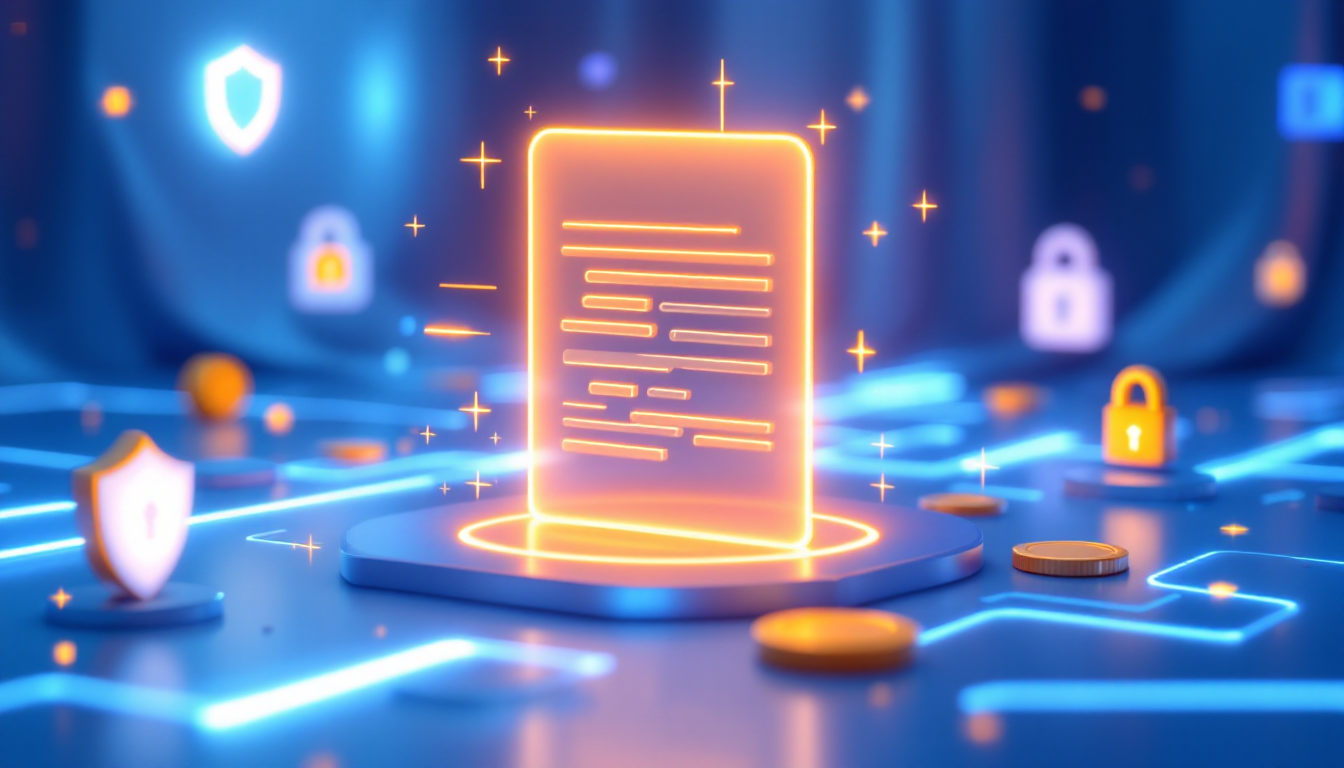Just read about how Victoria Police in Australia just seized some crypto worth $142k. They got these powers after some recent law changes, and it’s got me thinking about the balance between law enforcement and our personal privacy. Let’s break this down.
The Law Change: What Happened?
Apparently, since August 1, 2023, there's been a new section added to the Confiscation Act 1997 that lets police seize digital assets. Before this, there wasn’t really a framework for dealing with cryptocurrencies in confiscation laws. Now, they can take your crypto if they have a warrant. The police even put out a report showing off their new toys.
How Did They Get the Crypto?
The seizure happened during a drug trafficking investigation (shocking, I know). They found some documents with recovery phrases—those secret strings of words that let you access your crypto wallets—and boom! They were able to seize six wallets containing over $142k in various cryptos.
The Methods: How Are They Doing It?
The new law is pretty comprehensive. It basically allows cops to do four things under a search warrant:
- Access storage devices and computers
- Interfere with storage or communication devices
- Alter or transfer crypto assets
- Perform transactions to gain exclusive control
They can even seize hardware wallets! This makes it super easy for them to take all your digital assets if they want.
Privacy Concerns: Where Do We Draw the Line?
Here’s where it gets murky for me. U.S. authorities are already using blockchain analysis tools to trace coins linked to criminal activities and seizing them without warrants sometimes! That method involves tracking all sorts of data on blockchains and could potentially link your transactions to your real-life identity.
And then there are privacy coins like Monero that are designed for anonymity but seem to be on every regulator's hit list because they make it harder for authorities to track illicit activities.
A Global Trend?
This isn't just about Victoria; it's part of a bigger picture where countries are tightening their grips on digital assets as they're increasingly used in crimes like ransomware attacks and money laundering.
The new powers might just set off a chain reaction where other jurisdictions beef up their laws too!
Understanding Your Wallets
It's also crucial we understand the tools at play here—like different types of wallets! There are hardware wallets (super secure), software wallets (convenient but riskier), and even paper wallets (old school).
And let’s not forget about the crypto tools that help keep everything compliant—blockchain explorers and analytics platforms that ensure our beloved space doesn’t get labeled as one big illegal playground.
Final Thoughts: Finding Balance
At the end of the day, I think we need some form of regulation to prevent abuse and protect consumers—but we also need room for innovation! Victoria's new powers might be stepping over an invisible line into our personal spaces.
As things evolve, it's essential for those of us in the crypto community (especially businesses) to stay informed about these changes because ignorance won't save you from having your assets seized.






